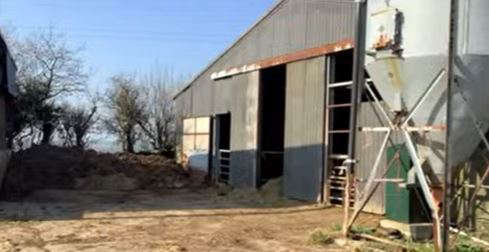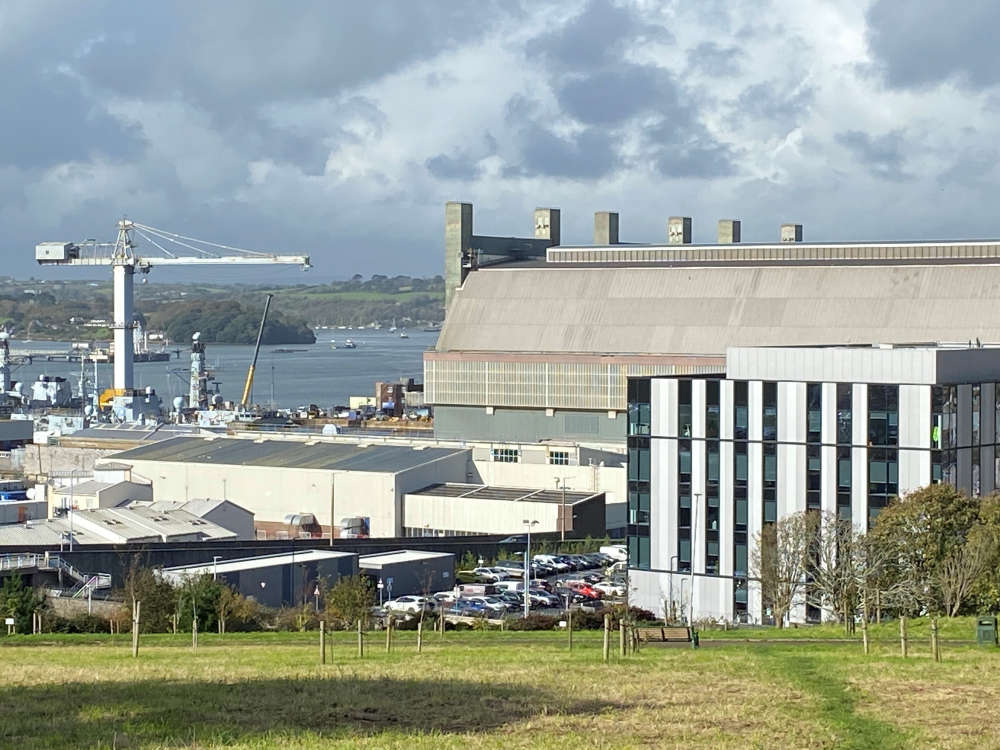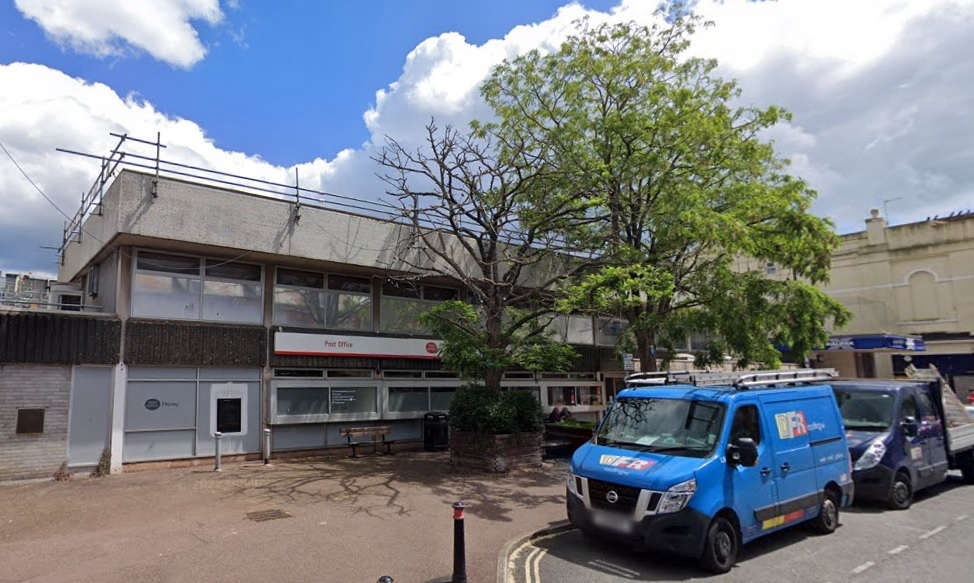
Only over-90s suffer more
Devon's young people and the very oldest are the groups which have the highest covid infection rates in the county council area - which excludes Plymouth and Torbay.
People aged 20 to 34 have infection rates over 200 per 100,000. Devon's over-90s are most at risk: with the infection rate at 332 per 100,000 although it is falling. Twelve care homes have not yet completed the vaccination programme because they were in the midst of significant outbreaks. The age range with the lowest infection rates are 70-74.
Average Infection rates as of 26 January were 130 per 100,000 population, a fall of nearly half compared to the peak on 8 January of 223 per 100,000. It makes Devon the third lowest of county-level (or unitary) local authorities in England. Infections rates haven't been as low for a month.
Of the eight districts in Devon, all are in the bottom 21 of the 315 regions in Devon for infection rates, with Torridge the lowest, North Devon 2nd, East Devon 5th, South Hams 6th, Exeter 10th, Mid Devon 11th, Teignbridge 13th and West Devon 21st. Torridge’s rate is now below 50 per 100,000.
Despite the fall in cases, this has yet to filter through into hospitals and deaths, which the county currently experiencing its highest death rates of the pandemic.
Steve Brown, Director of Public Health Devon, said: “The current restrictions are helping to bring down the number of positive cases in Devon. Devon residents are doing really well in adhering to the current lockdown restrictions, and we’re seeing evidence that their efforts are working. However, we must keep it up.
“We do have concerns about the numbers of people currently testing positive for coronavirus in care homes, and in some business settings.
“And there is continuing pressure on our hospitals, where we are seeing higher numbers of coronavirus-related deaths.”
All of Devon’s over 80s will have been invited to receive their vaccine by the end of the week, and every care home resident but those were outbreaks are occurring have received their vaccination, and Mr Brown added: “The roll out of the NHS vaccination programme is going well. More venues are opening up to provide greater capacity to vaccinate even greater numbers of people, and providing more choice for people about where they can receive their vaccination.
“We are also starting to pilot a system to provide rapid lateral flow tests to critical workers who are asymptomatic, in order prevent the spread of coronavirus.
“But while the vaccination is great news, it’s important that we do not think that once we’ve had it, we can go about like normal. The vaccination helps minimises the symptoms, but there’s no evidence yet that it stops a person catching and spreading the virus.
“Therefore it’s essential that everyone, even including those who have received their first jab, continues to adhere to the lockdown rules to prevent the spread of coronavirus. Continue to social isolate, wear face coverings when in public spaces, and wash your hands properly and regularly.
 Livestock processing plant refused at Shebbear
Livestock processing plant refused at Shebbear
 Two Devon warships could be sold to Brazil
Two Devon warships could be sold to Brazil
 Devon police dog honoured
Devon police dog honoured
 Schizophrenic knifeman given indefinite hospital order
Schizophrenic knifeman given indefinite hospital order
 Paignton Post Office petition goes to parliament
Paignton Post Office petition goes to parliament
 Fun park shuts two months after opening
Fun park shuts two months after opening
